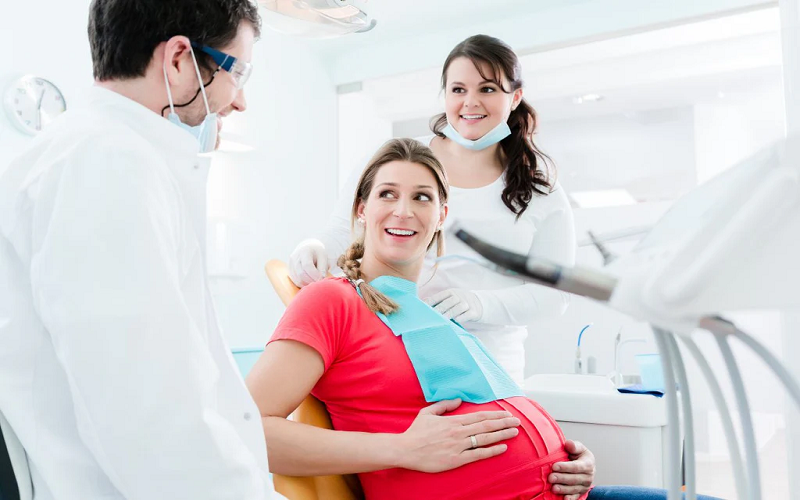
Pregnancy brings about numerous physical changes, including hormonal fluctuations that can affect the teeth and gums. Some women may experience tooth discoloration or staining during this period, leading them to consider teeth whitening. However, concerns about safety and potential risks to the developing fetus or mother’s health arise. This article delves into the mechanism of teeth whitening offered by the dentist in River Forest, safety considerations, and guidelines for pregnant women.
An insight into teeth whitening
Teeth whitening, also known as dental bleaching, is a non-invasive cosmetic dental treatment designed to lighten the color of teeth and remove stains and discoloration. The process involves applying a whitening agent, typically containing hydrogen peroxide or carbamide peroxide, to the teeth, which penetrates the tooth enamel and breaks down chromogens, the colored compounds responsible for tooth discoloration. This results in a brighter, more radiant smile, with teeth appearing several shades whiter. Teeth whitening can be performed in a dental office or at home using custom-fitted trays or over-the-counter products and is a popular solution for individuals seeking to enhance their smile and boost their confidence.
Mechanism of teeth whitening
The mechanism of teeth whitening involves the following steps:
- Penetration: The whitening agent, typically hydrogen peroxide or carbamide peroxide, penetrates the tooth enamel and dentin.
- Breakdown: The peroxide breaks down into oxygen ions and water.
- Oxidation: The oxygen ions oxidize the chromogens, the colored compounds responsible for tooth discoloration.
- Decomposition: The oxidized chromogens decompose and break apart, reducing their concentration and resulting in a lighter tooth color.
- Diffusion: The whitening agent diffuses through the tooth structure, reaching all areas of the tooth.
- Stain removal: The oxidizing agent removes stains and discoloration, leaving the tooth surface cleaner and whiter.
The result is a brighter, more radiant smile with teeth appearing several shades whiter. The mechanism of teeth whitening is a chemical process that does not alter the tooth structure or composition.
Safety Considerations During Pregnancy
While teeth whitening is generally considered safe, pregnancy requires extra caution. The primary concerns are:
- Systemic absorption: Hydrogen peroxide absorption into the bloodstream, potentially reaching the fetus.
- Tooth sensitivity: Increased sensitivity may be uncomfortable for pregnant women.
- Gingivitis and gum recession: Pregnancy hormones can exacerbate gum issues, making teeth whitening potentially irritating.
Guidelines for Teeth Whitening During Pregnancy
The American Dental Association (ADA) and most dental professionals recommend postponing teeth whitening until after pregnancy. However, if whitening is necessary, follow these guidelines:
- Consult your dentist: Before undergoing teeth whitening, consult your dentist to discuss any concerns and determine the best approach.
- Delay until the second trimester: If possible, postpone teeth whitening until the second trimester, when the fetus is less susceptible to potential harm.
- Choose low-concentration products: Opt for whitening products with lower concentrations of hydrogen peroxide (around 10-15%).
- Avoid over-the-counter products: Refrain from using over-the-counter whitening products, as their concentration and safety are unregulated.
- In-office whitening: Prefer in-office whitening under dental supervision to minimize risks and ensure proper application.
- Follow instructions: Adhere to your dentist’s instructions and guidelines for teeth whitening.
- Monitor sensitivity: Inform your dentist if you experience increased tooth sensitivity.
- Maintain good oral hygiene: Continue regular brushing, flossing, and dental check-ups to ensure overall oral health.
- Consider alternatives: If unsure about teeth whitening, consider alternative cosmetic options, like veneers or bonding.
- Prioritize health: Remember, teeth whitening is cosmetic; prioritize your health and the fetus’s well-being above aesthetic concerns.
Conclusion
While teeth whitening during pregnancy is not entirely contraindicated, caution and careful consideration are essential. Pregnant women should prioritize their health and the fetus’s well-being by consulting their dentist and following guidelines to minimize potential risks. Postponing teeth whitening until after pregnancy is still the recommended approach to ensure the safest outcome for both mother and child

 The Best Practices For Maintaining Healthy Gums In Willow brook
The Best Practices For Maintaining Healthy Gums In Willow brook  Transform Your Smile: Top Cosmetic Dentistry Treatments for Every Age
Transform Your Smile: Top Cosmetic Dentistry Treatments for Every Age 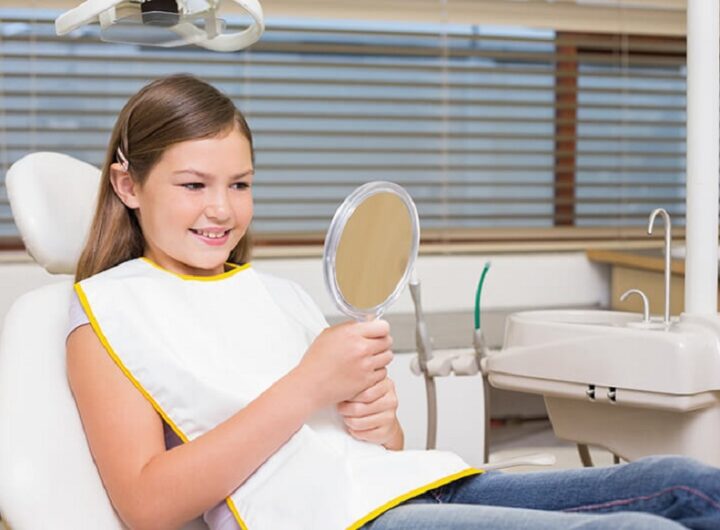 Choosing the Right Family Dentist: What to Look For
Choosing the Right Family Dentist: What to Look For 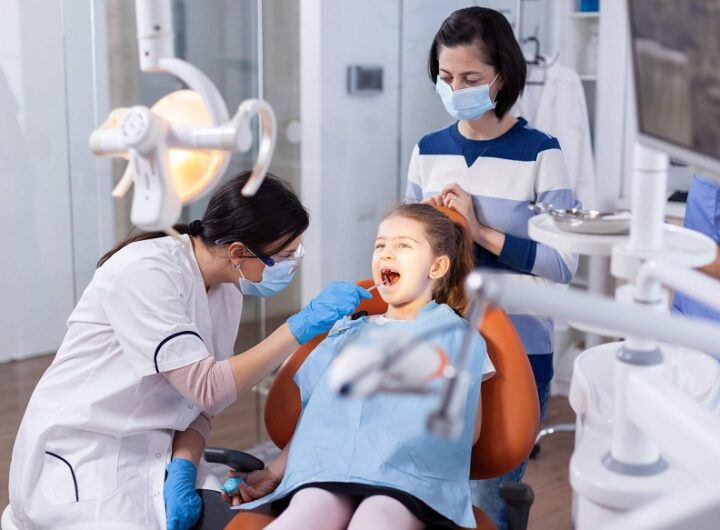 Choosing the Right Family Dentist: What to Look For
Choosing the Right Family Dentist: What to Look For 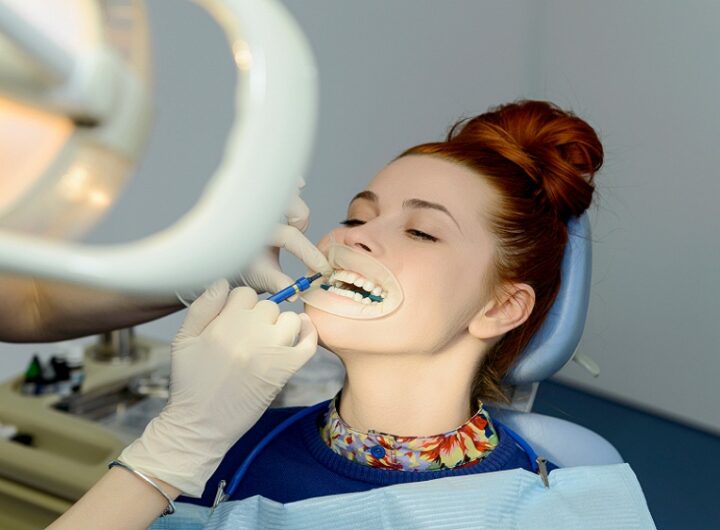 Understanding The Difference: When To See A Cosmetic Dentist Vs. An Orthodontist
Understanding The Difference: When To See A Cosmetic Dentist Vs. An Orthodontist 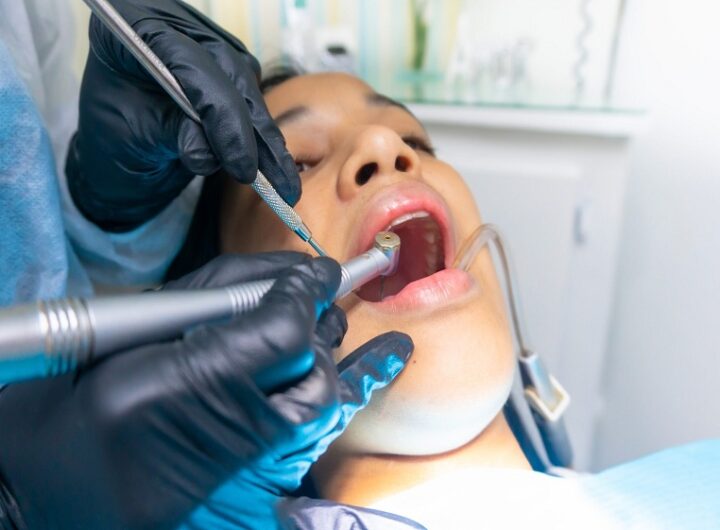 Transform Your Smile: The Importance Of Cosmetic Dentistry
Transform Your Smile: The Importance Of Cosmetic Dentistry  From Lab to Lifestyle: How the Science of Quality Assurance in Manufacturing Reliable Supplements Protects Consumers and Businesses
From Lab to Lifestyle: How the Science of Quality Assurance in Manufacturing Reliable Supplements Protects Consumers and Businesses  Top Myths About Pediatric Home Health Care Debunked
Top Myths About Pediatric Home Health Care Debunked  Immunity IV Drips – Your Frontline Defense Against Modern-Day Fatigue, Illness, and Burnout
Immunity IV Drips – Your Frontline Defense Against Modern-Day Fatigue, Illness, and Burnout